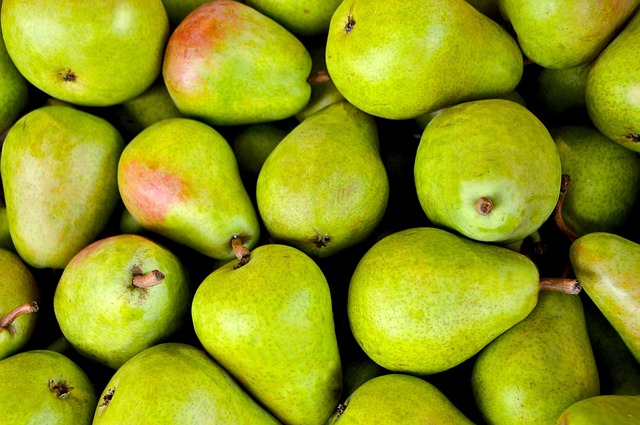Beyond Yogurt: The Surprising Sources of Probiotics You Need to Know
The Power of Probiotics
Probiotics, often referred to as “friendly bacteria,” are living microorganisms that provide numerous health benefits when consumed. While yogurt has long been hailed as one of the best sources of probiotics, there are actually many other surprising sources that offer a wide variety of strains and health advantages.
The Hidden Gems
1. Kefir: Originating from the Caucasus Mountains, kefir is a fermented milk drink packed with probiotics. It contains a combination of bacteria and yeasts, creating a diverse microbiome in your gut. Kefir is also rich in vitamins, minerals, and easily digestible proteins, making it a perfect addition to your daily routine.
2. Sauerkraut: Sauerkraut, made by fermenting finely cut cabbage, provides a healthy dose of probiotics. It is an excellent source of Lactobacillus bacteria, known for its ability to improve digestive health. Additionally, sauerkraut offers a good amount of fiber, vitamins C and K, and antioxidants.
3. Kimchi: A traditional Korean side dish made from fermented vegetables, kimchi is a rich source of probiotics. Packed with vitamins A, B, and C, as well as antioxidants, kimchi not only supports gut health but also boosts the immune system.
4. Miso: Miso, a traditional Japanese seasoning made from fermented soybeans, barley, or rice, provides a unique blend of probiotics. This versatile ingredient is not only good for your gut but also adds a delicious umami flavor to many dishes such as soups and marinades.
5. Tempeh: Originating from Indonesia, tempeh is made from fermented soybeans. It is not only a fantastic source of probiotics but also high in protein and various essential nutrients. Tempeh has a nutty flavor and a firm texture, making it a popular meat substitute for vegetarians and vegans.
The Health Benefits
Consuming probiotics has been linked to numerous health benefits, including:
- Improved Digestive Health: Probiotics can restore the natural balance of bacteria in your gut, improving digestion and relieving common digestive issues such as bloating, constipation, and diarrhea.
- Boosted Immune System: A healthy gut microbiome plays a crucial role in supporting a strong immune system. Probiotics help stimulate the production of natural antibodies, enhancing your body’s defense against harmful pathogens.
- Enhanced Mental Health: The gut-brain connection is a fascinating topic in recent research. Probiotics can impact your mental health positively by reducing symptoms of anxiety, depression, and stress.
- Reduced Inflammation: Certain strains of probiotics have been shown to help reduce inflammation in the body, potentially alleviating symptoms of inflammatory conditions such as arthritis and irritable bowel syndrome (IBS).
- Improved Skin Health: Probiotics can help restore the balance of bacteria on your skin, minimizing the occurrence of common skin issues like acne, eczema, and rosacea.
Adding Probiotics to Your Diet
Now that you’re aware of the surprising sources of probiotics, it’s important to incorporate them into your diet. Here are a few tips:
- Consider consuming a variety of probiotic-rich foods to diversify the strains of bacteria in your gut.
- Start by incorporating small portions of fermented foods and gradually increase the serving sizes as your body adjusts.
- Read product labels carefully to ensure you’re choosing options with live and active cultures.
- Opt for homemade versions of fermented foods whenever possible, as commercial processing may reduce probiotic content.







